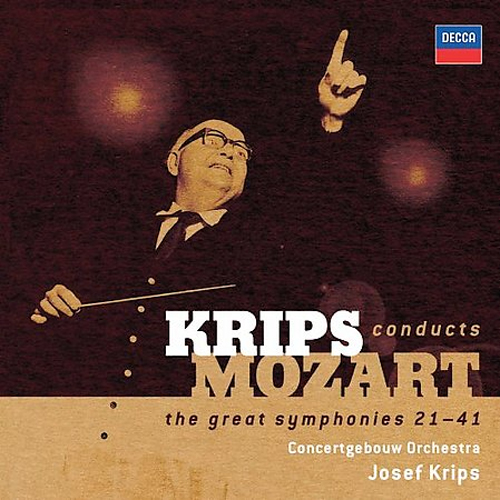Why Haydn Should be Mandatory
Haydn must not be given up to period specialists. Symphony orchestras more and more tend toward a niche program of exclusively romantic and post-romantic repertoire: from Beethoven to Sibelius and everything in between, with extra stops at Mahler and Shostakovich and occasional excursions to Philip Glass or John Adams.
But baroque music and increasingly classical period music as well are left to the devices of specialized performance groups – usually those that offer some form of Historically Informed Performance Practice (HIP).
The proliferation of original instrument – and modern instrument HIP – groups is a boon to music, generally. Ever since their performance quality has improved from questionable to outstanding, they offer musical joys that delight over and over again, quite regardless of performance ideology.
But if their prominence in Monteverdi, Marais, and even Mozart comes at the expense of important composers and periods being part of the repertoire of ‘regular’ symphony orchestras, then alarm bells should ring for two reasons. (See also: Free Bach from the HIPsters (Part 1))
The first is that the audience would lose much fine music played by what remains the primary musical body of a city. Mozart and Haydn and Bach sound different when a large symphonic orchestra (even with reduced forces) is at work. But that isn’t bad at all, it’s desirable diversity. HIP is to add to our enjoyment by offering comparison and choice – not by replacing the way we’ve heard this music for so long. As much as can be learned from small groups led by gut-strung violins, be it the Freiburg Baroque Orchstra, Academy of Ancient Music Berlin, or the Musica Antiqua Cologne, we can also learn and take away something from an orchestra that plays Ein Heldenleben in one half of a concert and then Mozart’s Jeunehomme Concerto or a Bach Orchestral Suite or a Haydn Symphony in the other.
  W.G.Mozart, Symphonies 21-41, J.Krips / RCO Decca     |
Krips covers symphonies 21 to 41 and they are finally available separately again after having long shared box-set space with the unnecessary Neville Marriner-conducted early symphonies. Even with the excellent, moderately HIP Charles Mackerras / Prague set (Teldec) available, Krips should still be the first choice of any collection’s allotment for Mozart symphonies.
So much for the first reason, the possibility of delight that we deny ourselves when classical period music is ceded largely to small and specialist groups. The second and more important reason – and it cannot be made often enough – is that if a large, ‘generalist’ orchestra doesn’t play enough classical music on a regular basis and play it well, eventually it won’t be able to play romantic (much less baroque) music well anymore, either. The orchestra’s sound coagulates. Thickness enters in place of luxurious sonority; agility gives way to rigidity. A conductor will still be able to make the orchestra sound passable, but the orchestra won’t likely be able to adapt to a conductor’s particular conception of a work.
The Munich Philharmonic, known for its romantic, “old-Europe” sound that makes it stand out even among European orchestras that are more often said to be in the orchestral elite, is a good example of an orchestra that is – rightly – aware of the danger but also willing to something about it. Most recently Haydn’s Symphony No.80, nickname-less yet no less lovely than its more famous brethren, showed up on the program when Hartmut Haenchen took on the orchestra. Generous and lively, with expressive silences and delicacy amid the inevitable heft, this was nicely done, even if the third movement was perhaps a little heavy footed. It may well have been the ‘warm-up’ for the orchestra, but at least it didn’t sound like one.
Elsewhere in their 2007/2008 Season there was some Haydn under Markus Stenz, a Mozart Symphony under Thomas Hengelbrock, and a planned Mozart Piano Concerto to end the season with. Even under Hengelbrock, where the results were very fine, it was audible that this simply isn’t the MPhil’s natural strength. But knowing that without it their Bruckner (recently a brilliant Fourth with Thielemann) wouldn’t be their strength for much longer, either, it’s very much music to my ears.























































No comments:
Post a Comment